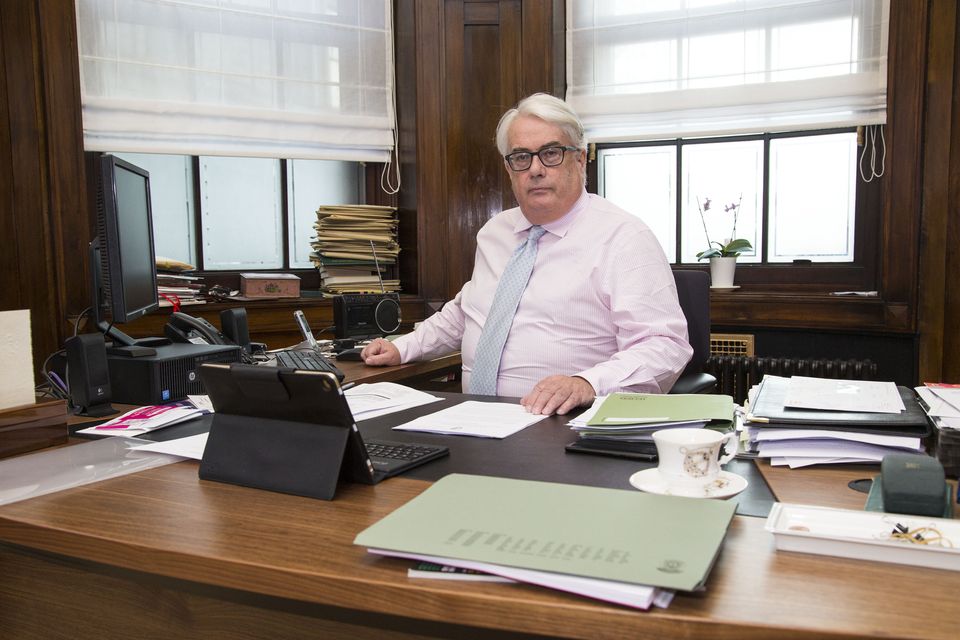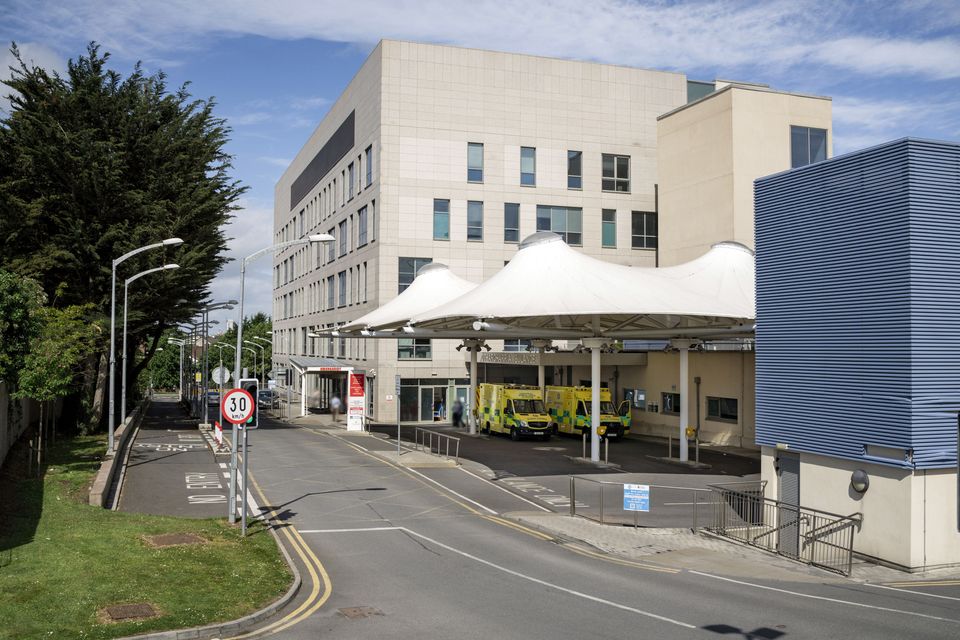Conflicts aired at Aoife Johnston inquest to be investigated by former chief justice Frank Clarke
Unclear why plan to relieve pressure at UHL was not activated
Aoife Johnston
The Clarke inquiry into the death of Aoife Johnston at University Hospital Limerick (UHL) is investigating conflicting accounts of why a plan to relieve pressure on the emergency department was never activated.
The recent inquest into her death found she died by medical misadventure at the hospital in December 2022 after contracting meningitis.
Sixteen-year-old Aoife waited 12 hours for sepsis treatment in an overcrowded emergency department that staff described as “chaotic” and a “warzone”.
The inquiry by retired Chief Justice Frank Clarke is understood to be examining disputes between staff on duty that weekend about a failed plan to move beds from the emergency department onto the wards.
Former chief justice Frank Clarke
Conflicts emerged in the course of the inquest into Aoife’s death, with nursing staff, doctors and management testifying over four days about the overcrowded conditions that impacted on her care. The emergency department, which was built to accommodate 49 patients, had up to 191 on the Saturday evening Aoife was admitted to hospital with suspected sepsis on December 17, 2022.
Fiona Steed, who was the executive on call at UHL that weekend, said she advised nurse management to implement a plan that would have removed up to 40 beds from the emergency department that night. It involved moving patients in casualty who had been admitted but were waiting on trolleys for a bed on wards.
She said she “wrongly” assumed her advice had been followed but discovered the following morning that it was not.
The Assistant Director of Nursing on duty who received Ms Steed’s advice insisted she passed on the instruction to the bed manager, who could not find patients suitable for moving.
University Hospital Limerick. Photo: Don Moloney
A second senior nurse manager said the nurse in charge of the emergency department, Katherine Skelly, was asked to “sit down” with the bed manager and identify suitable patients.
However, Nurse Skelly said this never happened. She told the inquest: “That instruction was never given. I asked twice for trolleys to go up on wards and I was told no trolleys were going up on wards overnight. If I had been given that instruction, I would have done it.”
Nurse Skelly described graphic and unprecedented scenes of overcrowding that night and said she reported to her manager that she was dealing with a “major emergency”.
The conflict falls within the remit of the Clarke report’s terms of reference, which include examining why the hospital’s “escalation protocol” was not adhered to on the night Aoife’s condition deteriorated.
The inquest heard there were “forces” for and against placing patients on trolleys on wards. It had been common practice to leave patients to wait on wards for a bed, rather than in the emergency department. But this practice was “discouraged” following a HSE performance inspection in 2022, the inquest was told.
Mr Justice Clarke, who began his work in January, was asked to finish his report in eight weeks, but it has been delayed, with no completion date available.
He has been asked to produce an evidence-based report, and to make recommendations as he sees fit.
Johnston family solicitor Damien Tansey has previously said he plans to bring some “significant developments” that emerged in the course of the inquest to the attention of Mr Justice Clarke.
Join the Irish Independent WhatsApp channel
Stay up to date with all the latest news

















